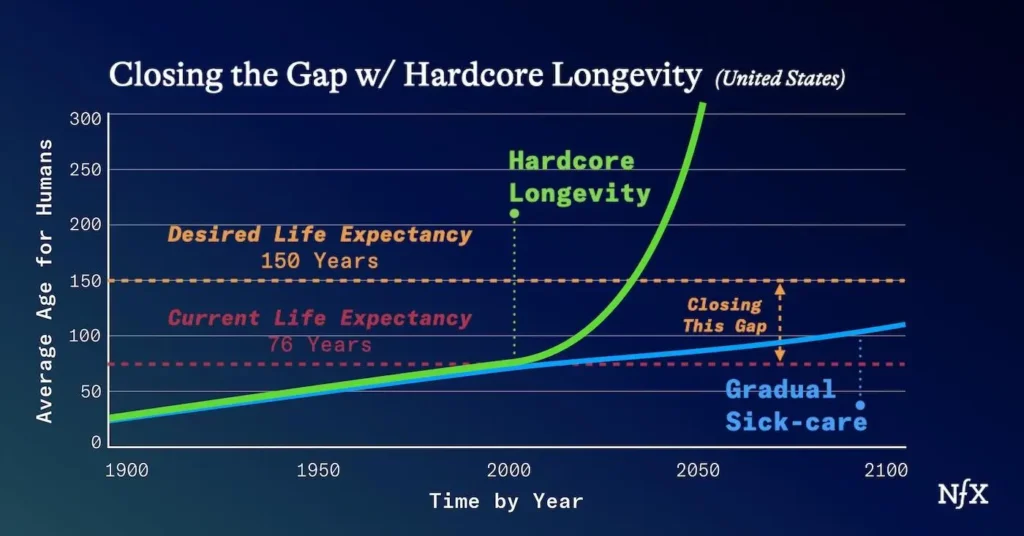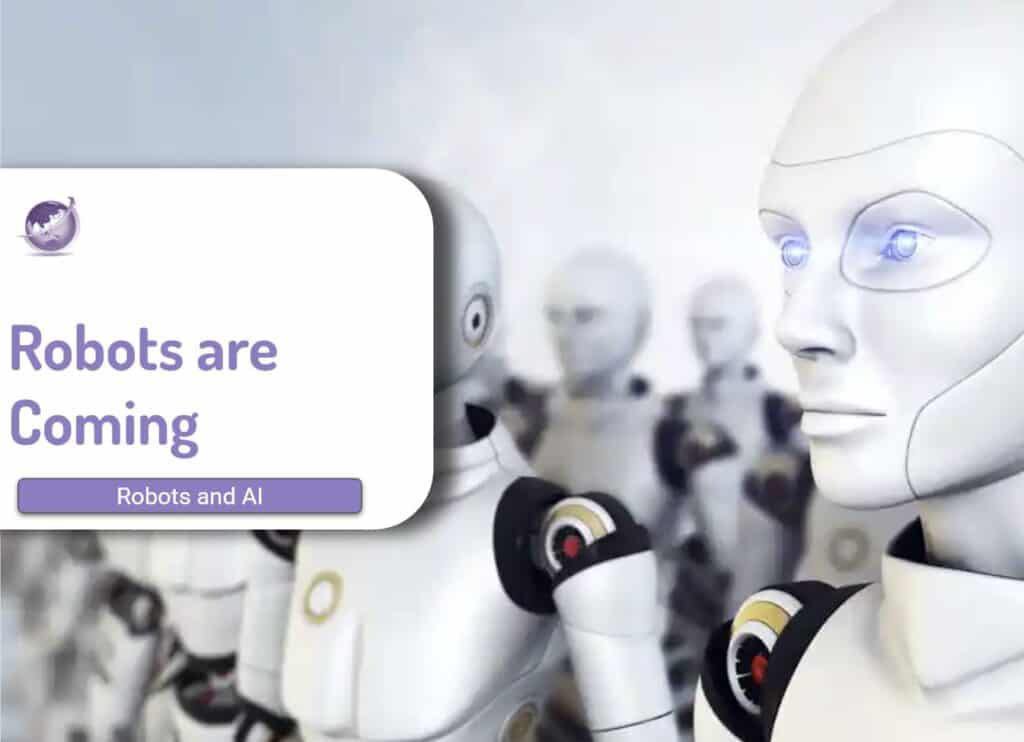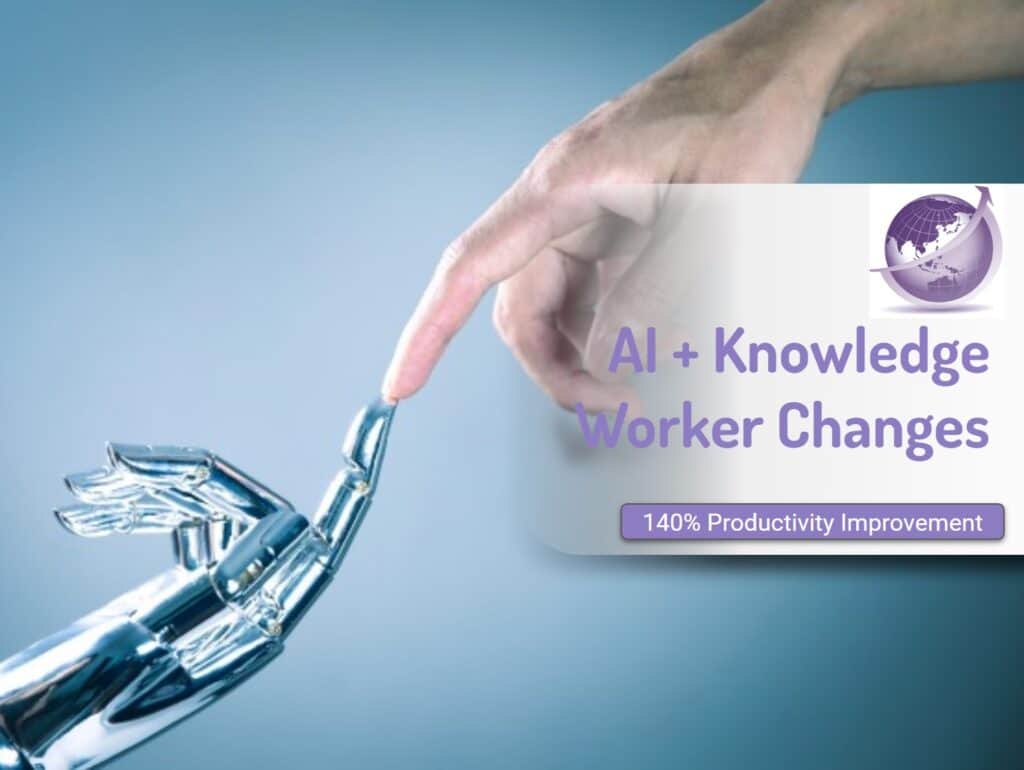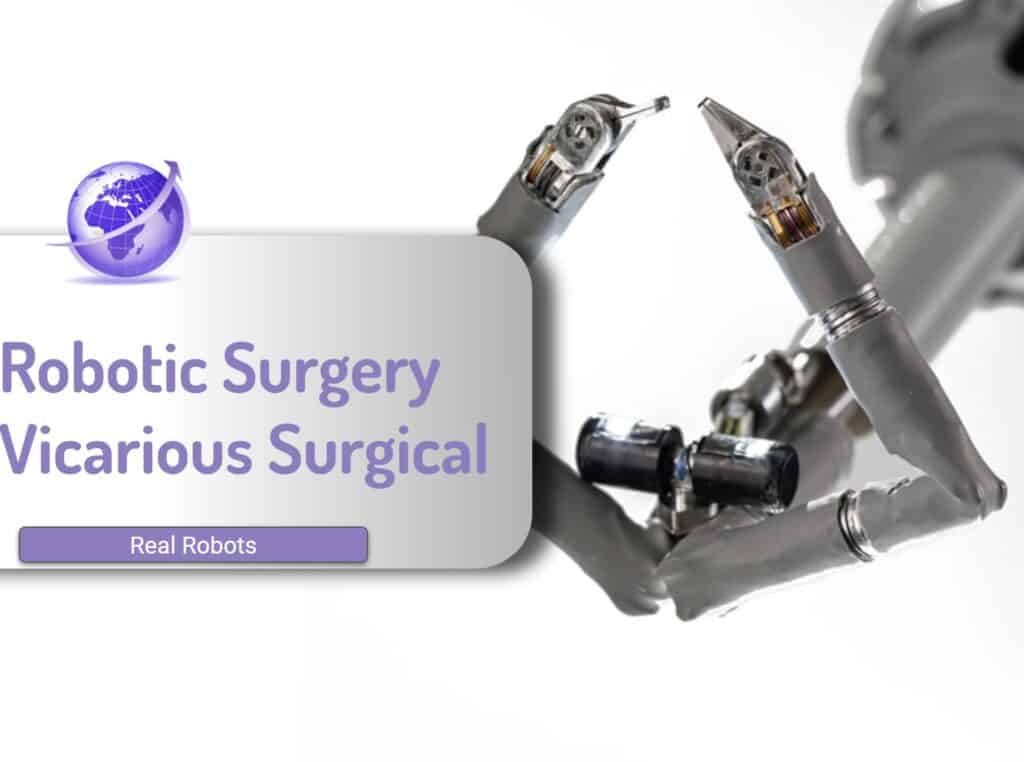AI helps us live longer says Prof Peter Diamandis in an interview by Ark Invest team.[1] Diamandis has recently released a book Longevity Guidebook: How to Slow, Stop, and Reverse Aging — and NOT Die from Something Stupid [2]. As the discussion unfolds, we see we are in the midst of a healthspan revolution that will enable us to live vitally beyond 100 years old. Advanced diagnostics are now able to catch any disease at inception, while advanced therapies in clinical trials have the potential to reverse disease while also slowing, stopping, and potentially even reversing aging. We are entering the era when medicine can be tailored to the individual, and over the next decade we are likely to see more changes than in the past 100 years due to the world of multiomics, organioids, AI and healthcare.
In 2013, I wrote my book the Takeout Diet which looked at best medical science to enable living to 120 years. [8] I didn’t know how we could, but it was going to happen. In this interview and Dimandis book, we see some of the actual science leading to that outcome.
Living to 120
Blue whales can live to 150 and some sharks over 500 years. If they can live this long, why can’t we? In computer terms, is this a hardware problem or a software problem?
All we can do now is to protect ourselves through eating, sleeping, mindfulness and exercise. The key challenge is don’t die from something stupid. Stupidness is poor diet, lack of exercise and lifestyle factors. We are at the start of the AI revolution in health, and most are unaware of it. Companies, doctors, and governments have little idea where the industry is already. And where it is headed!
Ask yourself. If you are 70 years old and have a million dollars in assets, or like the wealthy, hundreds of millions, how much would you spend to extend your life? Ten dollars? $50 a month? $100,000? A million or more?
The financial markets have ignored this and say this area of innovation is bad business. Yet there is nothing more important than your health.
Exponential Growth
Dr Peter Diamandis spells out 6 D’s of exponential growth
- When you digitise something
- Deceptively slow starts
- Dematerialise
- Demoneytises
- Democratises
- Disrupts entire industries
The future of longevity is that it is going to get cheaper to build medicine and enable longevity. Instead of taking decades to come up with new innovations and technology, AI is already rapidly increasing the speed of research. In this blog post AI advances drug development we learnt existing drug development costs over $2.4 billion dollars and takes up to 14 years to get to market. That means the drug has to earn over $1 million per day to pay back that investment.
AI in drug development has already shown time to approvals can be cut to 6 years. About 50% of new drugs in the pipeline are following the AI and organoid route. Drug development cost is reduced to $600 million and provides a 12 times improvement. This process only just started since 2019, and is set to expand even more. Within a decade it will be a order of magnitude less predicts Ark.
Human Longevity
Was human society designed to live past 30 years? If we look our ancestors on the plains of Africa :
- Had puberty at 13
- First child a year later
- Were grandparents by age 27
If the food was scarce, grandparents would die to enable food for the next offspring, although some doubt this and suggest that caring for the children while the parents went off to collect or hunt food was one of the ways that tribes developed and prospered. In some societies, grandparents are revered, and in others they went out into the cold and perished.
Why The Degradation?
What is true is we have a slow downhill degradation from the late twenties with loss of muscles by about 0.5kg per decade, change in hormones and a slow glide downhill. Increasing dementia. The good news is we can fight against that slow degradation.
We are born with 3.2 billion letters from parents and we have the same genes at birth, at 30 or at 90, so it is more about what controls those genes rather than them not being there. The epigenome advances now enable control to unlock the disease of aging and to repair those genes if they are damaged. Genes are not everything and evidence says 70 percent of your potential longevity is based on your lifestyle, not your genetics.
This diagram shows the degradation of intracellular protein. Many other processes are involved.

However, we can reprogram the changes in the letters, and the international Cell Atlas program is coming to grips with the 40 trillion cells and the other 40-100 trillion bacteria and fungi that make their home in us.
We have a billion chemical reactions per second. It is beyond human doctors to understand this processes, but AI will.
There has to be a reason why the 100 year old is sharp as a tack and going to the office each day yet someone at 60 is on death’s door and cannot get out of a chair. Will these reasons for degradation be discovered?
The Future Needs to be Bigger than the Past
Our ancestors would view us as gods said Dan Brown, and we need to ensure our future is not limited by the past. It is easy to see how slowly the healthcare system has progressed and it is measured in decades. So to make sure we are still around in a decade and have a future, we need to have a lifestyle that looks after:
- Sleep
- Diet
- Exercise
- Mindset
- Routines
- And lastly not dying due to something stupid
Longevity Escape Velocity.
Longevity escape velocity was coined by futurist David Gobel of the Methuselah Foundation and biogerontologist Aubrey de Grey but has been around since the 1970s [3].
Today for every year alive, science is extending your life by about a quarter of a year. Progress is due to multitudes of science initiatives.
At some point in the future, science will extend your life by more than a year each year. That is longevity escape velocity. When?
- Some say by the end of 2030
- Some say mid 2030’s
So do not die between now and the next decade.

Retirement Reasons
If AI advances rapidly, it will have a huge impact on why people will retire in the future. The reason people retire now is not just age or financial reasons. It also is due to:
- Forced to by employers or family.
- People just hate their jobs
- They don’t have the energy
- They are in pain.
Retirement will change. Some won’t want to retire but to continue to do things that are enjoyable and pleasurable. While not starting a new family is likely, starting a new career or occupation will be much easier if you are in full health.
Aging is Treated as a Disease
Healthcare is over 20% of GDP in the USA – with only 15% of the money spent for the cost of therapies. The healthcare industry in the USA is a mess, with 10 administrators for every physician, and the USA ranking 37th in the world for healthcare. [4] The system is focused on fixing people when they get sick, and claiming the last bandaid used. The common sense approach should be focused on preventing you from getting sick in the first place!
We need to flip the model.
- The insurance model is perverse.
- The fire insurance industry takes your money and pays you if you have a fire. It should be to stop having a fire in the first place.
- The life insurance pays out when you die, not to stop you dying, and passes the money to your survivors. From an insurer, letting people die is more valuable. Extending life is a poor strategy is health is not improved along with life extension.
- The USA health industry takes your money and pays others when you get sick.
Bodies Are Good at Hiding Disease
Do you know what is going on with your health? We feel good.
- Yet, over 70% of heart attacks have no indications. No indication on calcium scores, no shortness of breath or chest pains but soft plague comes off in the middle of the night.
- Don’t feel cancer until stage 3 or 4
- Parkinson tremors until over 70% of neurons are gone so it takes us to the breaking point
- The body is plastic, an incredible machine that compensates for any failure.
We can and should know when our body is sick, and act early.
Diamandis has set up clinics to measure early and detailed. They capture over 200 GB of data of what is really going on from DNA to MRI, and what can prevent it. Doctors often dissuade people to go to those clinics yet the clinics have discovered hundreds of cancers, brain aneurysms and other diseases while still at early stages.
What Happens When We Extend Lifespan
Need to differentiate between lifespan vs healthspan. Lifespan is about long your heart is ticking, and healthspan is how long do you have the vitality to enjoy life, move around and contribute. The oldest person is just under 120 years. .
There is little formal study on how much GDP will increase, but it will be huge. Some of the some factors include:
- Less waste on pharma
- More productive society and years
People have a big range of how long and it is in their head. They are often driven by the fear that old age is likely to wind up as decrepit, slobbering and dependent on others. There are some who are waiting for death as they believe in an afterlife and want to get there (where-ever “there” is!). Your mindset matters in this discussion of lifespan.
Optimistic people live 15% longer than pessimistic people. [5] Not just a longer life span but better odds of achieving “exceptional longevity,” that is, living to the age of 85 or beyond. These relations were independent of socioeconomic status, health conditions, depression, social integration, and health behaviors (e.g., smoking, diet, and alcohol use).
AI Helps Us Live Longer
How much longer do you want? Eighty years or 800 years! AI will help us live longer, but we probably still have that number in our heads!
References
[1] ‘Living Longer: AI, Biotech, And Longevity With Peter Diamandis’, Ark Invest. Accessed: Feb. 12, 2025. [Online]. Available: https://www.ark-invest.com/podcast/living-longer-ai-biotech-and-longevity-with-peter-diamandis
[2] P. H. Diamandis, Longevity Guidebook: How to Slow, Stop, and Reverse Aging — and NOT Die from Something Stupid. Ethos Collective, 2025.
[3] ‘Longevity escape velocity’, Wikipedia. Feb. 08, 2025. Accessed: Feb. 12, 2025. [Online]. Available: https://en.wikipedia.org/wiki/Longevity_escape_velocity
[4] ‘10 administrators for every 1 doctor. We deserve a better healthcare system – PNHP’. Accessed: Feb. 12, 2025. [Online]. Available: https://pnhp.org/news/10-administrators-for-every-1-doctor-we-deserve-a-better-healthcare-system/
[5] L. O. Lee et al., ‘Optimism is associated with exceptional longevity in 2 epidemiologic cohorts of men and women’, Proc. Natl. Acad. Sci., vol. 116, no. 37, pp. 18357–18362, Sep. 2019, doi: 10.1073/pnas.1900712116.https://www.pnas.org/doi/10.1073/pnas.1900712116
[6] Heat Shock Proteins and Autophagy Pathways in Neuroprotection: From Molecular Bases to Pharmacological Interventions
January 2018International Journal of Molecular Sciences 19(2):325 DOI:10.3390/ijms19010325
[7] The Race to 160 Omri Drory 2024 https://www.nfx.com/post/longevity-race-to-150
[8] The Takeout Diet Dr Hugh Butler 2014 https://takeoutdiet.com









